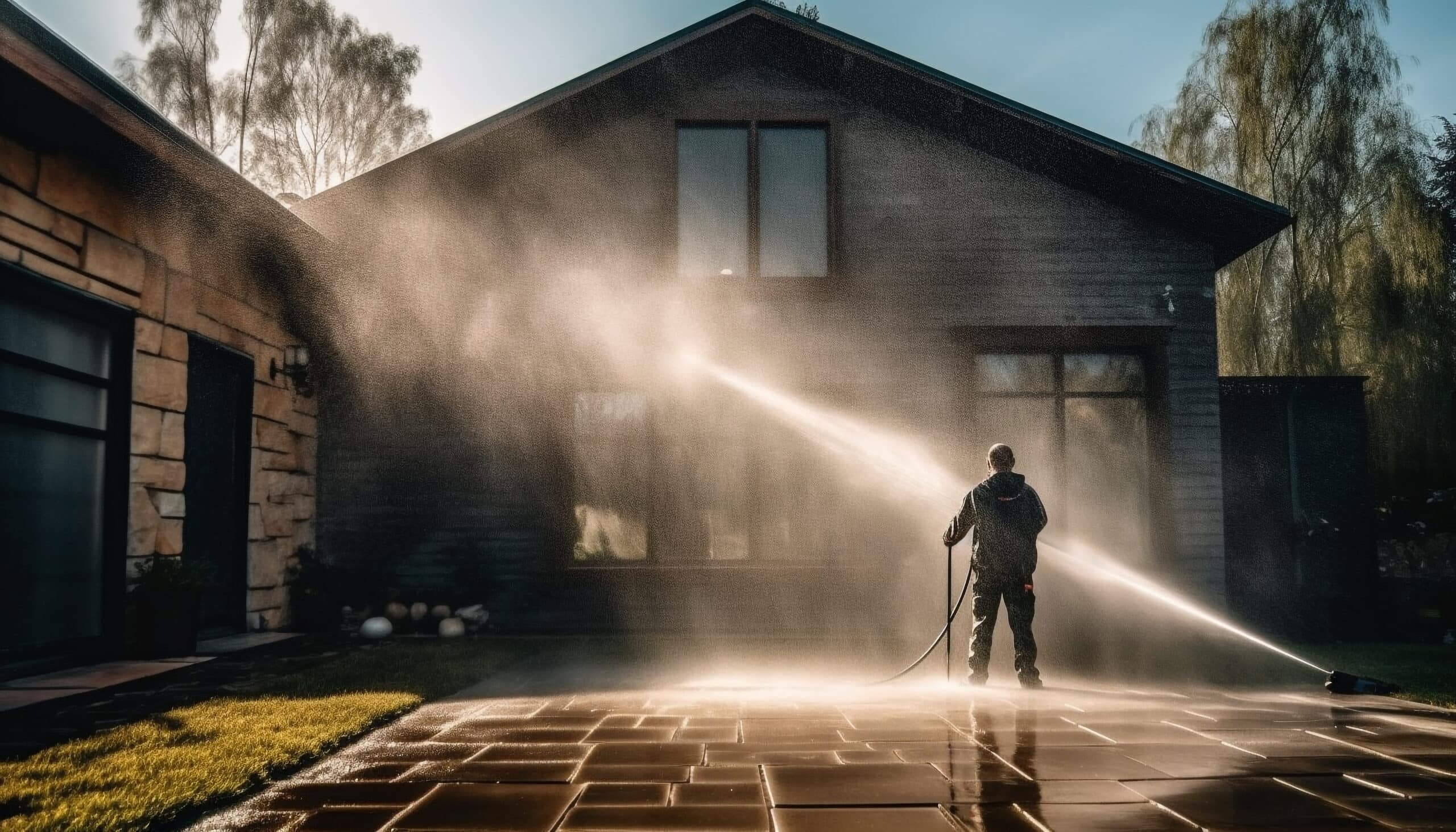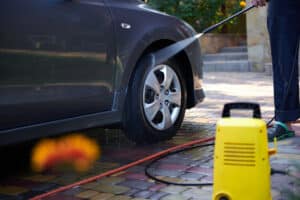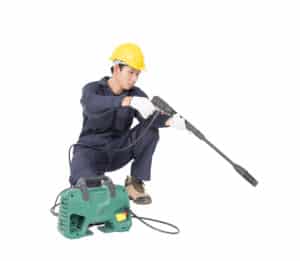Are there any safety certifications I should look for when buying a pressure washer?
Key Takeaways
- The UL 1776 standard is an important safety certification to look for when buying a pressure washer
- The IEC 60335-2-79 standard is another important safety certification for pressure washers
- General safety tips to follow when using a pressure washer include wearing appropriate protective gear, inspecting the work area, and reading the user manual
When buying a pressure washer, it is important to prioritize safety. Pressure washers can be powerful tools that require careful handling to prevent accidents and injuries. One way to ensure the safety of a pressure washer is to look for certain safety certifications. In this article, we will explore the safety certifications that you should consider when purchasing a pressure washer, as well as provide some general safety tips to keep in mind.
UL 1776 Standard
One of the safety certifications to look for when buying a pressure washer is the UL 1776 standard. UL stands for Underwriters Laboratories, an independent safety certification organization. The UL 1776 standard specifically applies to safety in high-pressure cleaning machines, which includes pressure washers. This certification ensures that the pressure washer has been tested and meets specific safety requirements set by UL.
IEC 60335-2-79 Standard
Another important safety certification for pressure washers is the IEC 60335-2-79 standard. This is an international standard that covers safety requirements for pressure washers and engine-driven products. The International Electrotechnical Commission (IEC) is responsible for setting this standard, which ensures that pressure washers meet certain safety criteria.
By choosing a pressure washer that has obtained these safety certifications, you can have peace of mind knowing that the product has undergone rigorous testing and meets the necessary safety standards. It is always a good idea to check the product specifications or consult with the manufacturer to confirm if a pressure washer has these certifications.
General Safety Tips
In addition to looking for safety certifications, there are some general safety tips that you should follow when using a pressure washer:
- Wear appropriate protective gear: Always wear safety goggles, gloves, ear protection, and enclosed shoes to protect yourself from potential hazards.
- Inspect the work area: Before starting, assess the work area for any potential hazards such as tripping hazards, electrical wires, or slippery surfaces. Address these hazards before using the pressure washer.
- Read the user manual: Take the time to thoroughly read and understand the user manual provided by the manufacturer. This will ensure that you know how to safely operate the specific model of pressure washer.
- Avoid enclosed spaces: If you are using a gas-powered pressure washer, never use it in an enclosed space. This can lead to exposure to poisonous exhaust fumes and excessive noise.
- Be aware of your surroundings: Keep an eye out for children, pets, passing vehicles, and electrical wires while cleaning. Also, be cautious of slippery surfaces to prevent falls.
- Start with a wide-angle spray tip: Begin washing with the widest angle spray tip and adjust the nozzle and distance as needed. This will help prevent damage to surfaces and minimize the risk of injury.
- Avoid working at height: Whenever possible, avoid using ladders and working at height. Instead, use an extension wand to reach higher areas while keeping your feet firmly planted on the ground.
These safety tips, when combined with a pressure washer that has the necessary safety certifications, will help ensure a safer and more enjoyable pressure washing experience.
Conclusion
When buying a pressure washer, it is important to prioritize safety. Look for safety certifications such as the UL 1776 standard and the IEC 60335-2-79 standard. These certifications ensure that the pressure washer meets specific safety requirements set by independent organizations. Additionally, follow general safety tips such as wearing appropriate protective gear, inspecting the work area, and reading the user manual. By taking these precautions, you can enjoy the benefits of a pressure washer while minimizing the risk of accidents and injuries.
Related Websites:
FAQs:
Q: What are safety certifications for pressure washers?
Safety certifications for pressure washers are official endorsements awarded by independent third-party organizations. These certifications indicate that the pressure washer has undergone testing to ensure its safety and reliability.
Q: Why are safety certifications important when purchasing a pressure washer?
Safety certifications are crucial when buying a pressure washer because they help mitigate potential risks. Pressure washers involve hazards like high-pressure water spray and electrical components. Certified pressure washers ensure proper construction, electrical safety, and compliance with industry standards, providing peace of mind to the buyer.
Q: How can I recognize safety certifications on pressure washer products?
To identify safety certifications on pressure washer products, look for distinct marks or symbols on product labels or descriptions. While specific brands or logos may not be mentioned, recognized safety certifications often use these visual indicators to indicate compliance. It’s important to research and familiarize yourself with these certifications in the pressure washer industry.
Q: Which safety certifications are common for pressure washers?
There are several common safety certifications applicable to pressure washers. These certifications have specific testing criteria and quality control measures. While they are not mentioned by name, they often indicate compliance with safety regulations and standards, ensuring the pressure washer’s safety and reliability.
Q: Why should safety certifications be a priority when purchasing any consumer product?
Safety certifications should be a priority when buying any consumer product, including pressure washers, because they ensure the product’s safety and reliability. Prioritizing safety certifications allows buyers to make informed decisions, reducing the risk of accidents or hazards associated with the product.






